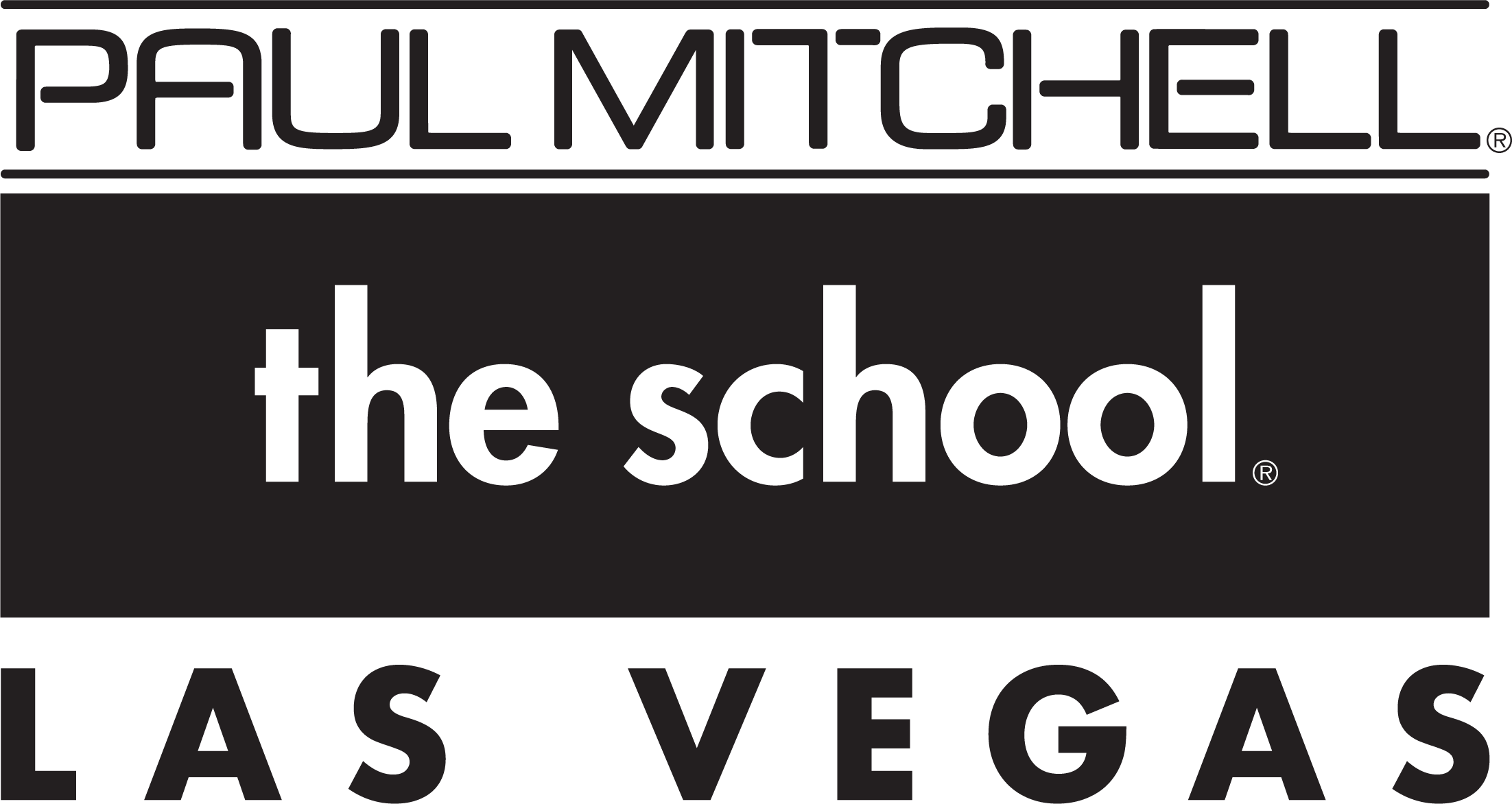PROVISIONAL INSTRUCTOR COURSE DESCRIPTION
PROVISIONAL INSTRUCTOR: (SOC 25-1194.00) /(CIP code 12.0413):
This program is by invitation only.
The curriculum involves 500 hours for student instructors to satisfy Nevada state requirements. The course educates prospective cosmetology teachers to address the needs of students in the classroom and the clinic floor. Prospective teachers learn to utilize a system of forward-focused thinking and front-end coaching. By learning the methods of teaching cosmetology, the prospective teachers learn to engage students in the learning process and stimulate the discovery process with visuals, music, and/or hands-on activities.
*Graduates will be prepared to be an entry level instructor.
This course is taught in English. Textbooks and Course Materials are only offered in the English Language.
PROVISIONAL INSTRUCTOR COURSE OVERVIEW
Course Hours: 500 clock hours
The student instructor course is divided into three designations: Observation Theory, Psychology and Methodology, and Student Teaching.
PROVISIONAL INSTRUCTOR COURSE OUTLINE
Your time in the Paul Mitchell The School Las Vegas student instructor course will be divided into three designations:
- Observation Theory: this section focuses on learning by observing classroom and clinic floor instruction.
- Psychology and Methodology: These classes focus on the theory of teaching, using Milady’s Master Educator textbook, including weekly tests.
- Student Teaching: You will learn to write lesson plans and do actual teaching from your lesson plans. There will be a practical teaching evaluation of your teaching skills.
PROVISIONAL INSTRUCTOR COURSE SUBJECTS
The instructional program of Paul Mitchell The School Las Vegas meets or exceeds the state requirements:
| Subject | Minimum Practical Application | Minimum Hours of Technical Instruction |
|---|---|---|
|
1. Basic teaching methods and counseling techniques
Development of lesson plans
Nevada Laws and Regulations |
150 | 100 |
|
2. Instruction in theory
Instruction in use of audiovisual equipment Evaluation techniques and instruction
Classroom observation |
100 | 69 |
|
3. Sterilization and sanitation Supervision of clinical activity
Effective demonstration procedures |
50 | 21 |
|
4. Federal and state enrollment procedures Financial aid requirements |
10 | |
| TOTAL HOURS | 310 | 190 |
The institution offers employment assistance to help graduates’ efforts to secure education-related employment that includes, but is not limited to training in professionalism, resume’ development, job interview preparation and job search skills.
PROVISIONAL INSTRUCTOR COURSE PROGRAM TESTING AND GRADING PROCEDURE
The following tests and grading procedures are used to assess student learning and mastery of course content in the 500-hour course:
- Students must receive a grade of 70% or higher on each theory exam. Theory exams cover a review of Milady’s Master Educator Student Course Book.
PROVISIONAL INSTRUCTOR COURSE INSTRUCTIONAL TECHNIQUES AND METHODS
The 500 hour provisional instructor program are provided through a sequential set of learning steps which address specific tasks necessary for State Board preparation, graduation and job entry level skills. Clinic equipment, implements and products are comparable to those used in the industry. Each student will receive instruction that relates to the performance of useful, creative and productive career oriented activities. The course is presented through well-developed lesson plans that reflect the latest educational methods. Subjects are presented by means of lecture, demonstration, distance education, and student participation. Audio-visual aids, guest speakers, field trips, and other related learning methods are used in the course.
